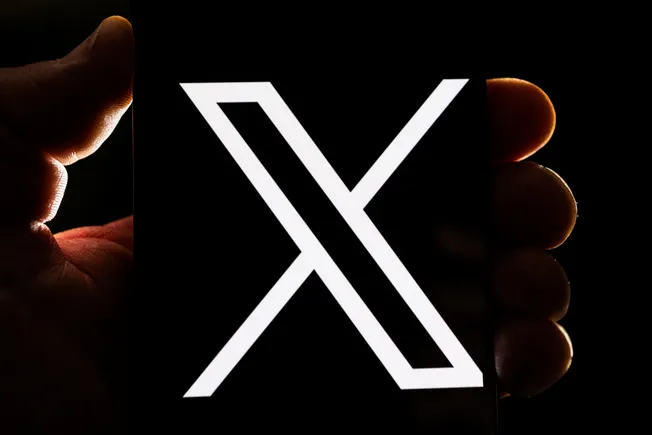TL;DR Summary of X Scores Legal Win Against Australian eSafety Commissioner Upholding Free Speech
Optimixed’s Overview: X’s Legal Triumph Reinforces Free Speech Boundaries in Australia’s Online Safety Landscape
Background of the Legal Dispute
In March, Australia’s eSafety Commissioner demanded that X remove a post criticizing a World Health Organization expert on transgender issues, labeling the content as “degrading” and threatening an $800,000 fine for non-compliance. X withheld the post locally but challenged the order in court, arguing the Commissioner had overstepped their authority.
Key Ruling Details
- Administrative Appeals Tribunal Decision: The Tribunal found the post did not meet the legal standard of cyber abuse, noting the user’s expression lacked malicious intent and would not be seen as causing serious harm by a reasonable person.
- Commissioner’s Overreach: The ruling concluded that the eSafety Commissioner should not have ordered removal or imposed penalties, validating X’s legal challenge.
Broader Context and Implications
- This marks the second major legal victory for X against Australia’s eSafety Commissioner, following a prior case involving removal demands over sensitive video content.
- The Commissioner’s enforcement approach has drawn scrutiny, especially considering her former employment at Twitter, raising questions about potential bias and regulatory overreach.
- X’s wins emphasize the ongoing debate between protecting free speech and enforcing online safety laws within Australia and potentially set a precedent for global digital platform governance.
- Despite legal setbacks, the Commissioner continues to pursue regulatory actions, including a recent Federal Court case assessing X’s obligations to address harmful content.
Conclusion
X’s legal success reinforces the limits of regulatory power over online speech and underscores the complex balance between free expression and content moderation. This case highlights the evolving challenges faced by platforms navigating national regulatory frameworks while advocating for user speech rights.
